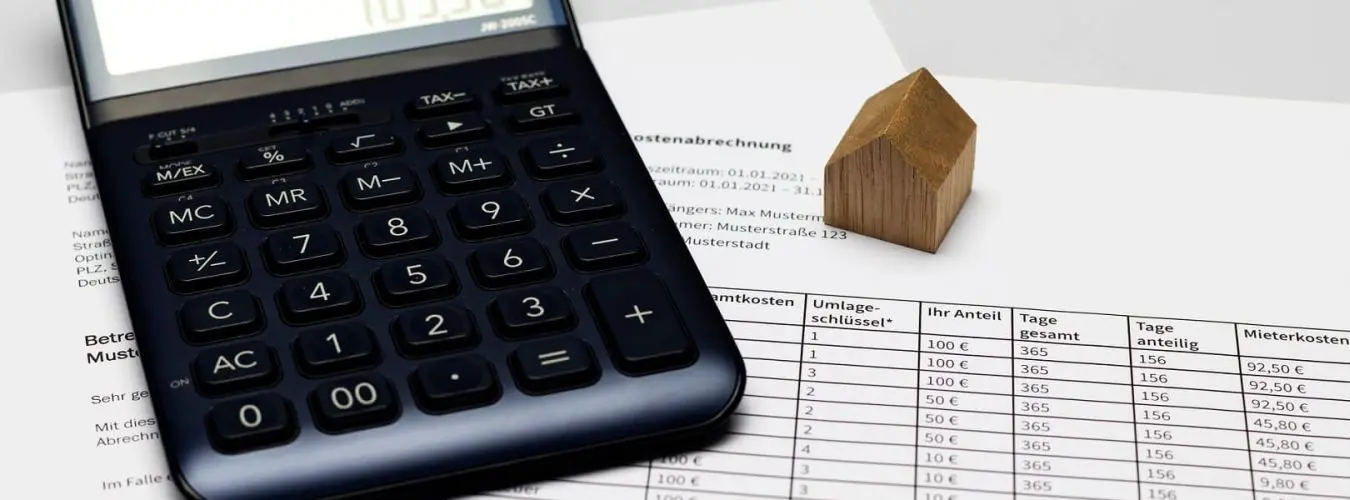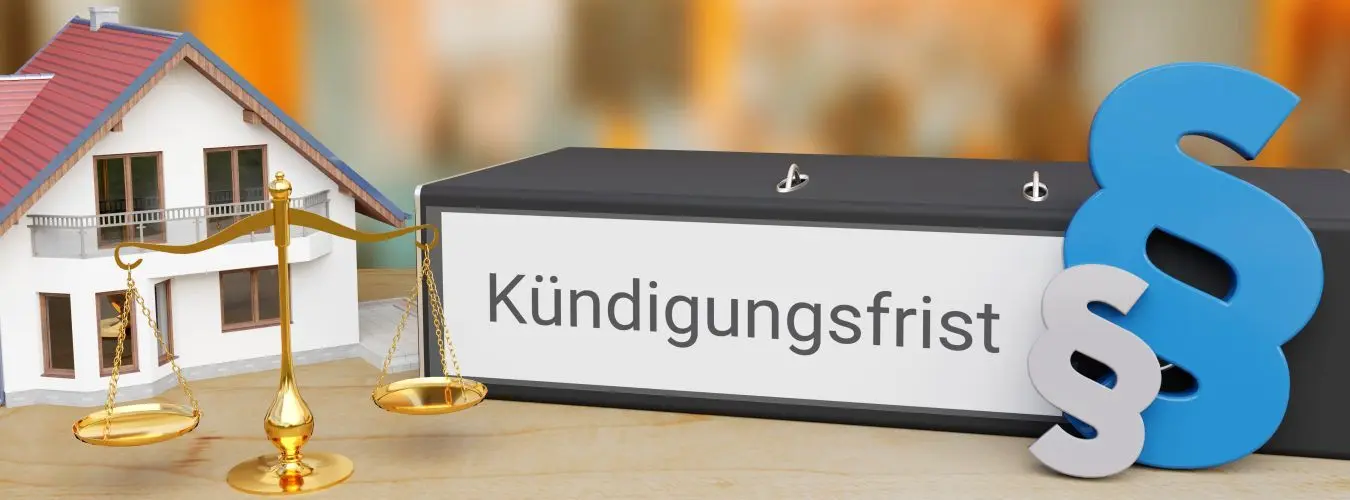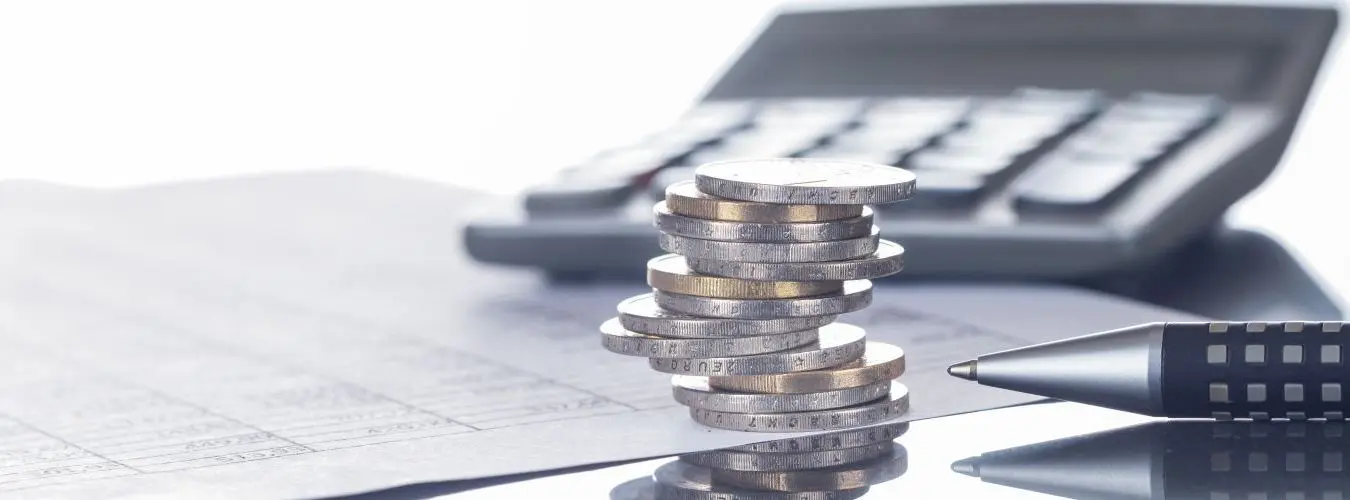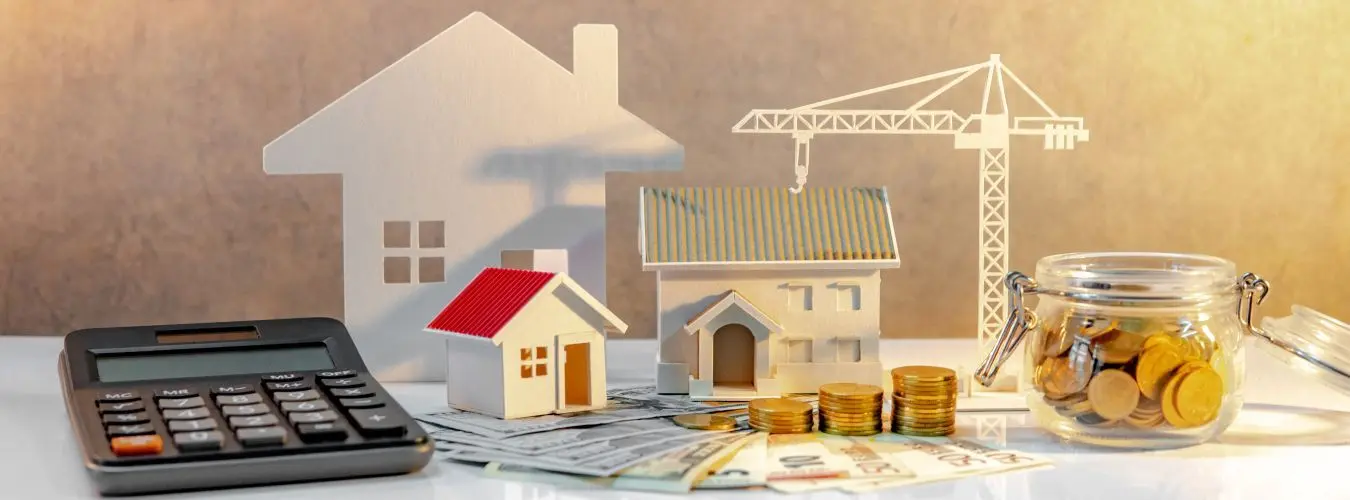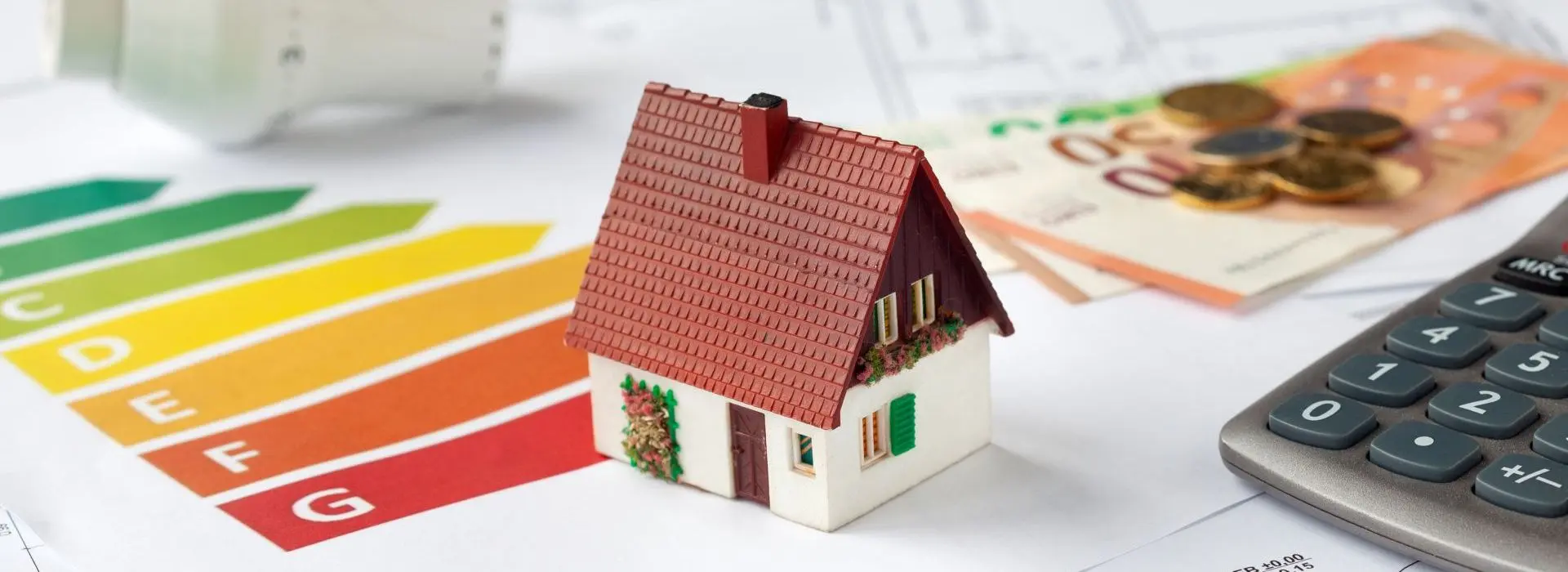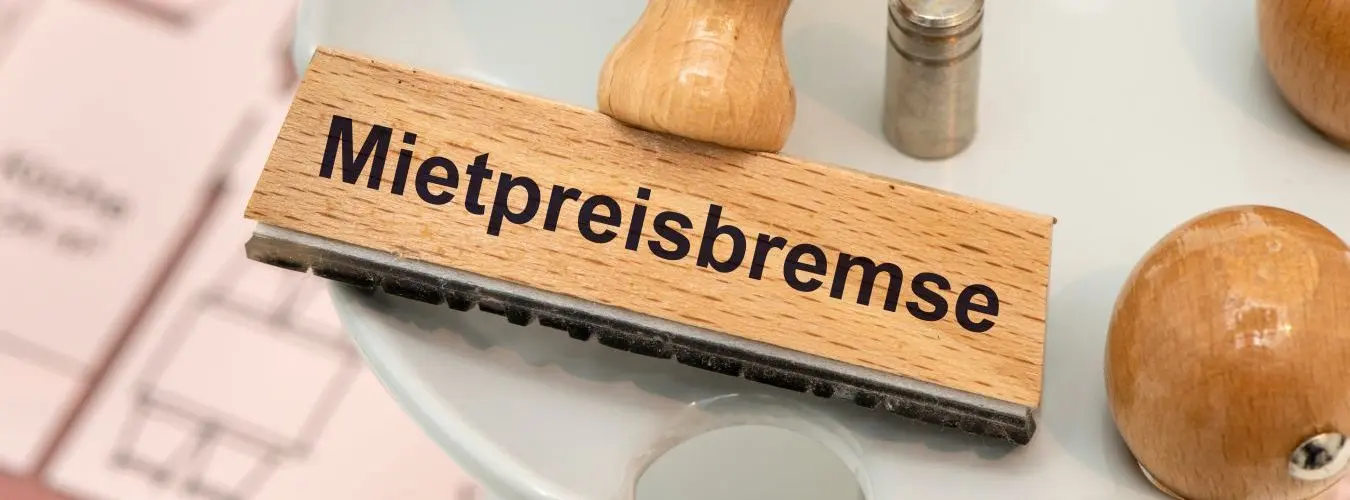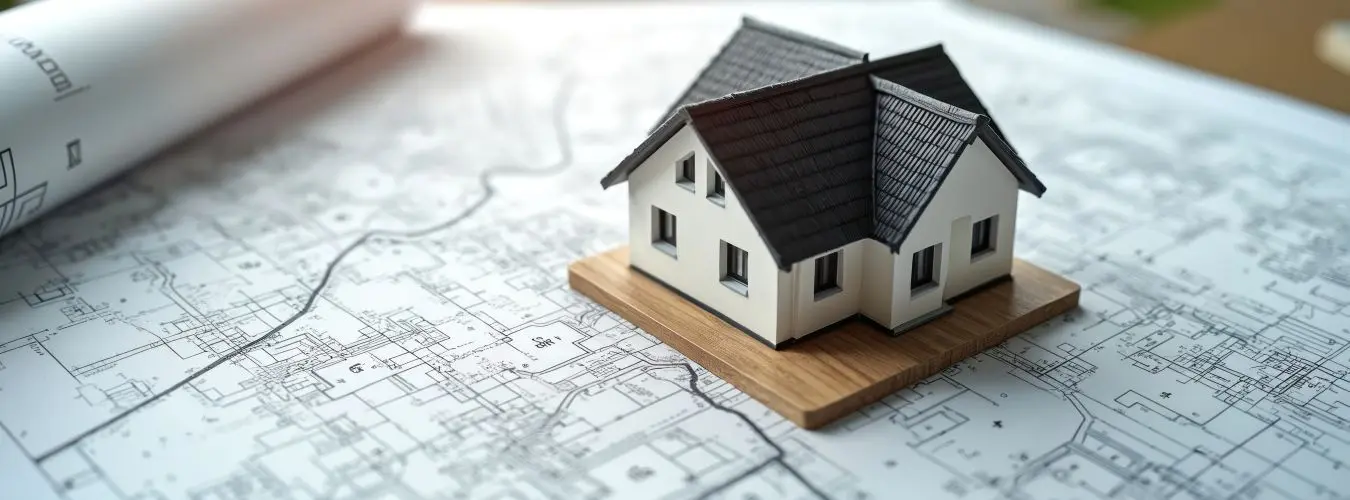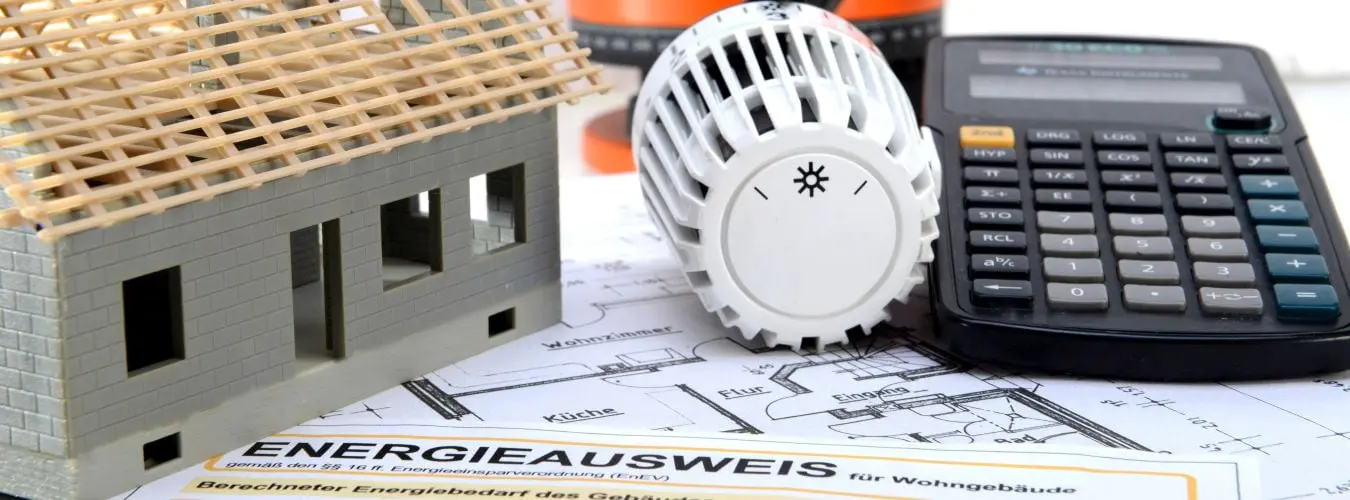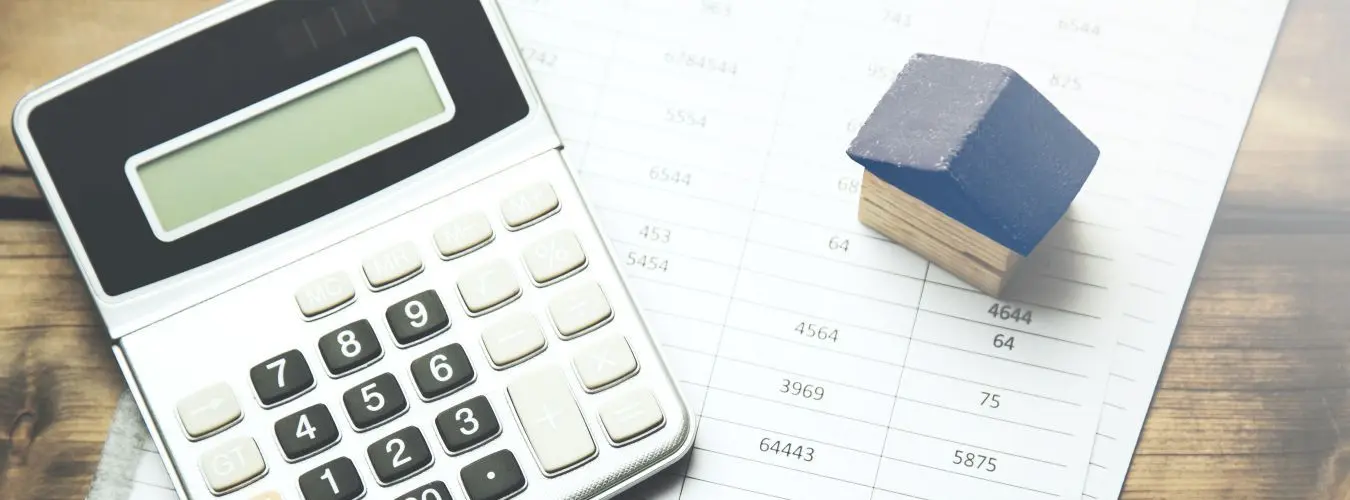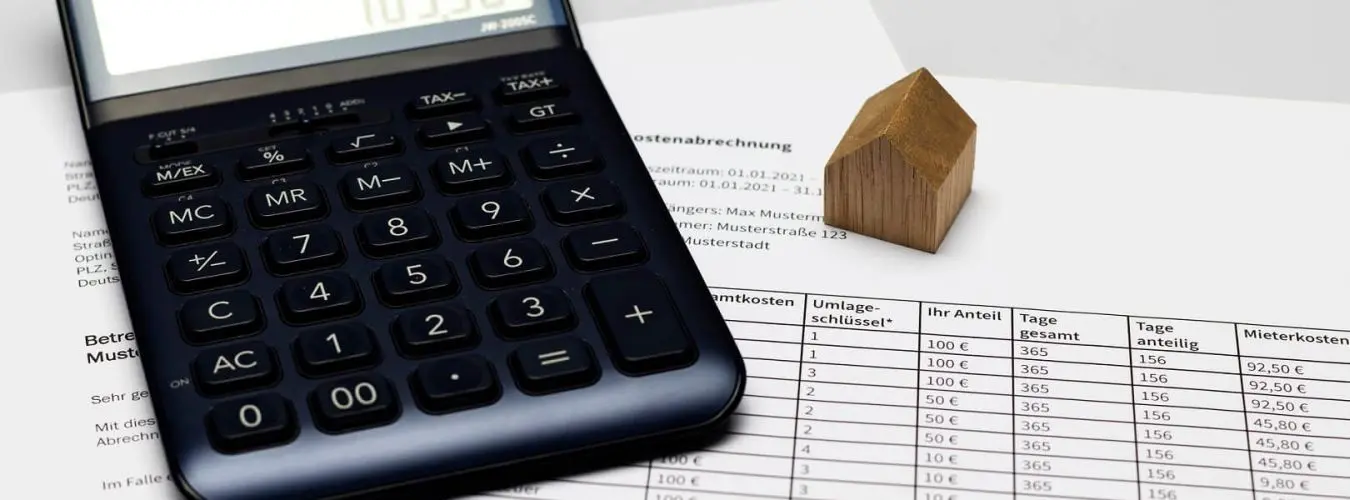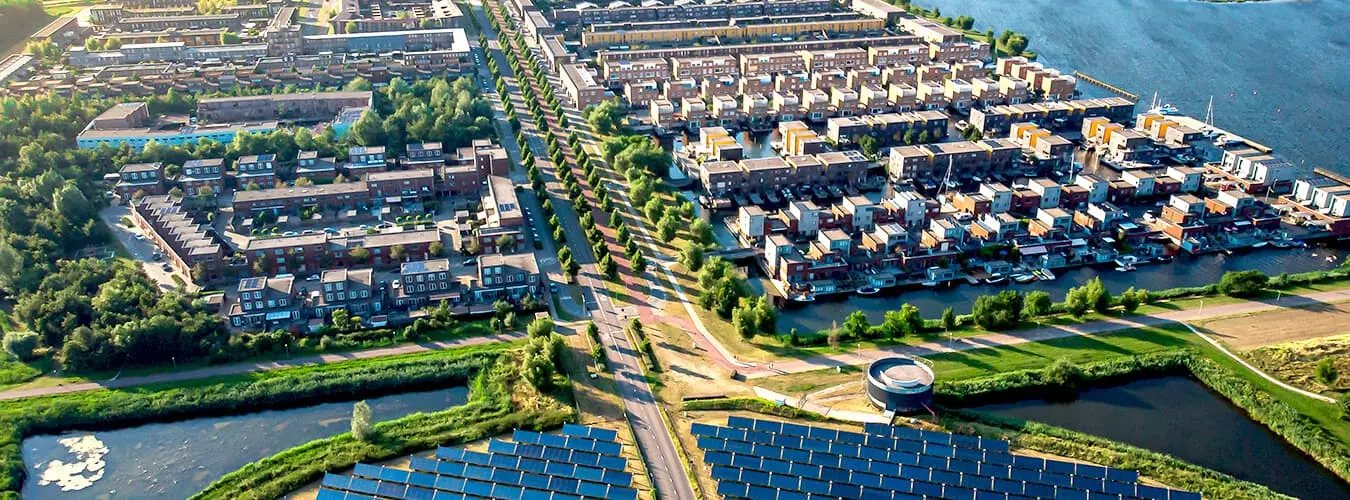Everything you need to know about the land register at a glance: Costs for land register entry, how to obtain an extract from the land register and much more...
What is written where in the land register: compact basic knowledge for anyone interested in real estate
A land register can be thought of as a chronicle. It records - in various sections - important milestones in a property's life, including changes of ownership, mortgages and rights. The past is never made completely unrecognizable (that would be an "erasure"), but can always be traced back to the present, clearly marked as "old information". For this purpose, cross-outs and underlining are usually used.
In purely formal terms, a land register is defined as a "public register of ownership of all developed and undeveloped properties in a municipal district". In other words, a land register answers questions about the origin, ownership and financing of a property.
Every prospective buyer should take a look at the land register before buying a house to get a comprehensive overview of the legally binding facts surrounding the property. We think it is all the more important to provide you with sound information on this topic.
Small land register guide: How the land register is structured
Before we tell you more about the importance of land registers, we would first like to illustrate their structure in the form of pictures. A land register consists of several land register pages, which are numbered consecutively and divided into individual sections.
A land register contains these five sections:
- Cover page with details of the competent local court, land registry office and land registry district. A little tip: If you want to find out the land register number, you can also find it here.
- Inventory with information about the property, including district, inventory number, survey district, parcel, location and size of the property. In terms of the "zoom factor", the "Gemarkung" is a town/municipality, the "Flur" is a district and the "Flurstück" is what the actual property is in everyday language.
- Section I - Owner with address and, if applicable, ownership shares
The ownership structure is recorded here. If a priority notice of conveyance (the note of a future acquisition of ownership that secures the property buyer) has already been entered, another prospective buyer was quicker and has already had the notary "reserve" the property for purchase. The advantage for you is that you are protected from a "double sale". - Section II - Encumbrances and restrictions
Here you will find information on possible encumbrances, restrictions, easements and rights of use, including, for example, neighborly agreements on "rights of way". Typical examples of entries in this section: monument status, residential rights, pipeline rights, insolvency notices, usufruct or pre-emption rights under private law. In this article, you can find out more about the term "easements" and exactly what a right of way entails.
If you live on a property that is also used for agriculture or forestry, you will often have so-called "easements in rem" in Section II. These usually have to do with forestry and agriculture; the term "encumbrance" could then refer to regular deliveries of timber or crops, for example. - Section III - Mortgages, land charges, annuity debts
This section is primarily of interest to banks, which can trace the complete financial history of the property here. In particular, land charges, liens or mortgages are noted in section III, the so-called "land charges".
This section is particularly important in that it must always be handed over "unencumbered" - any financial debt must be settled with the previously registered bank (usually by the new bank) before conveyance. Insider information from estate agent practice: Here it is particularly important to look out for the registration of a "Schuldbrief" - this would be a genuine classic promissory bill, which would have to be available as a physical document at the notary appointment. These letters are not always easy to find.
Good to know: This is how a land register entry works
The most important principle is: Anyone who has acquired a plot of land or property by purchase, inheritance or gift must be entered as the new owner. A new land register is not required for this. The process for this is precisely defined in Germany and follows an orderly procedure.
An overview of the individual steps of a land register entry:
- The purchase contract is notarized by a notary.
- The notary informs the land registry of the change of ownership.
- The notary initiates the entry of the priority notice of conveyance ("purchase reservation").
- The bank has a land charge entered as security.
- The purchase price for the property is transferred in full by the buyer or financing institution to the notary's account, a so-called "notary escrow account", or to the seller's account.
- The notary applies to the land registry for the land register entry in the name of the buyer.
- The property is transferred in accordance with the date in the purchase contract.
- The ownership is officially transferred in the land register.
Buyers sometimes need to be patient during this process. Depending on how busy the land registry is, it can take up to five months before you are the official owner of a property.
By the way, it's not just changes of ownership that need to be entered in the land register. Even if a new credit institution takes over the financing, a new division of the property is made or a new right of way or right of residence is agreed, this must also be recorded.
Costs for a land register entry: what you can expect
The basis for calculating the costs is the so-called "transaction value", i.e. the purchase price of the property. Both the notary and the land registry incur costs for the land register entry on this basis
As a rule of thumb, you can remember: you need to factor in around 1.5 to 2 percent of the purchase price as ancillary costs. Speaking of ancillary costs: In this article, we have summarized the most important points on this topic for you.
Suppose you are buying a house for €500,000 and are financing a sum of €50,000. We have listed a simplified example of the distribution of costs below.
The costs shown here are for illustrative purposes only and are approximate values. The actual costs incurred are calculated on the basis of the relevant fee regulations.

Requesting a land register extract: who can get it - and what it costs
The land register extract contains all legally relevant information about a property. Without an extract from the land register, a property sale is therefore just as unlikely as without a notary. The question "How and from where can I obtain an extract from the land register?" is therefore relevant for every prospective property buyer.
Land registers are kept at the relevant local court or land registry. It goes without saying that not just anyone can request an extract from the land register at will. After all, this involves sensitive data on financial ownership. According to Section 12 of the Land Register Regulations, there must therefore be a legitimate interest in obtaining a land register extract, for which certain criteria must be met.
The most important thing for you as a prospective buyer is that if you are already in concrete purchase negotiations, there is usually a legitimate interest and the seller can issue you with a corresponding power of attorney for a land register extract. The seller can of course also apply for an extract from the land register, as he must prove that he is the legal owner. Creditors, credit institutions, courts, notaries and authorities generally have a legitimate interest.
A current extract from the land register usually includes a copy of the land register sheet and can be requested from the relevant land registry office. Regarding the waiting time: you will usually receive the land register extract in your letterbox after 14 days.
Depending on whether you require a simple or certified version, the cost of a land register extract is between 10 euros and 20 euros. An online land register extract is also possible. You can find out more about keeping electronic land registers on the grundbuch-portal.de website and view them on the websites of the individual federal states.
Conclusion: The land register is a foundation for property sellers and buyers in the truest sense of the word. This document contains all the important information that is crucial for the ownership of a property. The VON POLL experts will be happy to assist you if you have any questions about the contents of the land register. You can contact us here.

